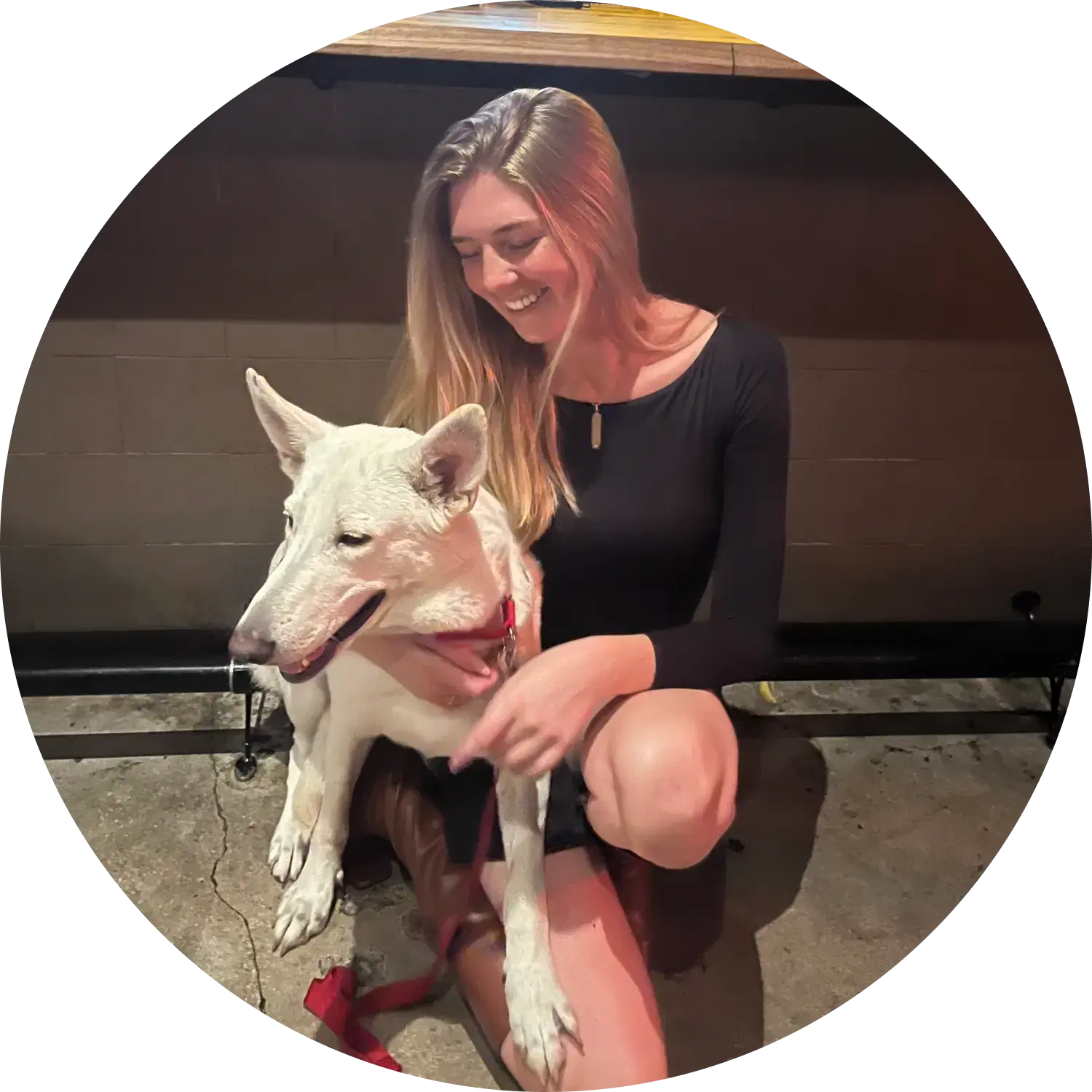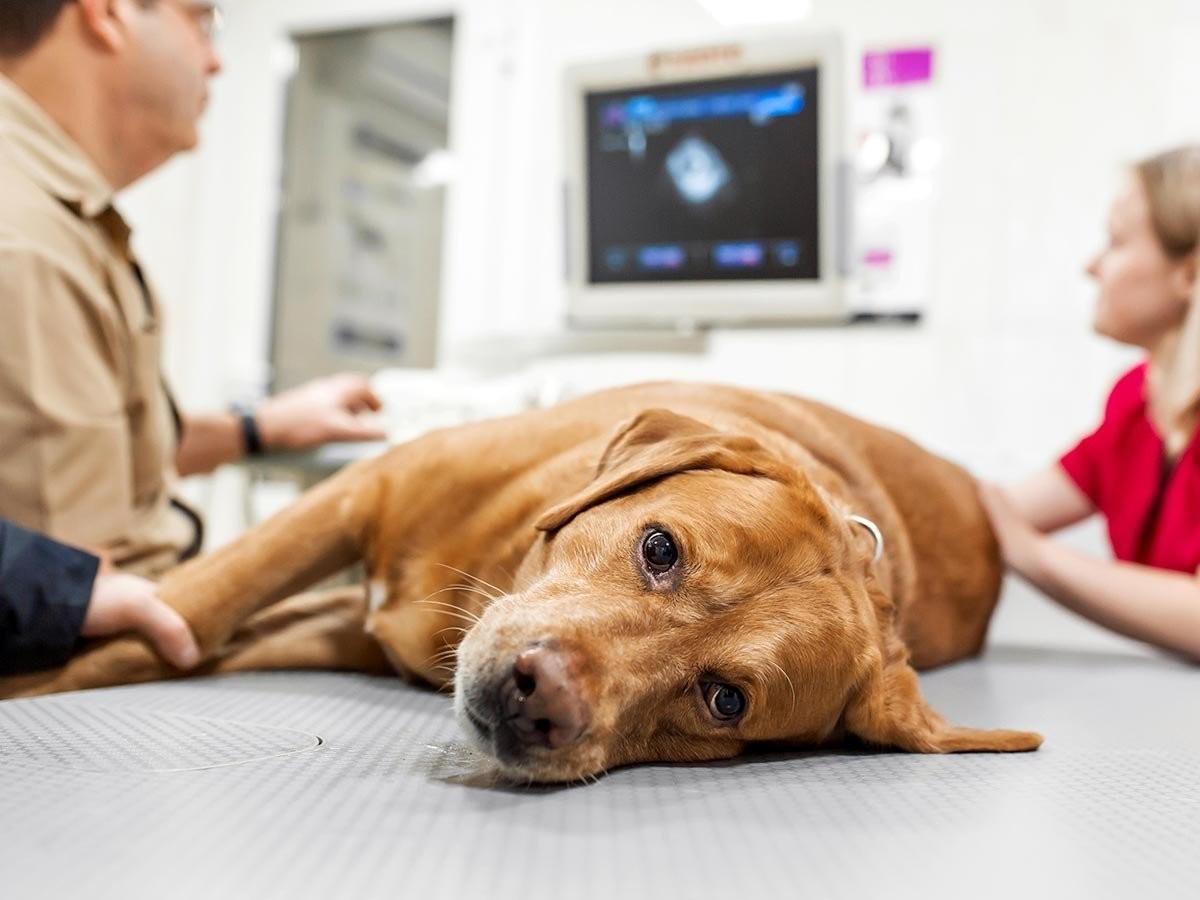Pet Poisoning Symptoms: What To Watch For
As a way to bring awareness to pet poison prevention, March is Pet Poison Awareness month!
One of the most common emergency room visits for pets is poisoning, usually after they ingest a common household food, product, or plant. This is unfortunate as we can help prevent many of these cases with proper safety precautions.
Today, we’re discussing measures you can take to help prevent this from happening to your beloved pet, and some of the signs and symptoms of pet poisoning to watch out for. Remember, Spot pet insurance plans offer coverage for eligible accidents like toxic ingestion.
What Are The Symptoms Of Poisoning In Pets?
Pet poisoning can result in many symptoms, including the following:
Fatigue or weakness
Excessive urination or thirst
Sudden hyperactivity or nervousness
Muscle tremors, seizures, and comas
Pale, yellowed gums
Increased drooling
Diarrhea
Bloody urine
Confusion or lack of coordination
Abdominal pain
Irregular heartbeat
Crying or whimpering
Acting Quickly When Your Pet Shows Symptoms Of Poisoning
You have a few options if your pet is displaying symptoms of accidental poisoning. Regardless of which option you choose, it’s crucial that you act immediately. Time is extremely precious in pet poisoning cases.
Your first option is your pet’s vet. If your pet is experiencing any of the above symptoms or appears sick, immediately reach out to your veterinarian for your next steps.
If it’s after hours and you believe your pet has ingested a potentially poisonous substance, we recommend calling a pet poison control helpline for further information. If possible, have on hand any information about what your pet consumed. For example, if it’s a medication or pesticide, try to have on hand the exact name, concentration, and approximate amount your pet ingested.
Lastly, you can take your pet to the closest animal hospital. We recommend calling on your way there to give them a heads up and as much information as possible about your pet’s situation so that they can begin treating your pet as quickly as possible. Depending on the nature of your pet’s symptoms and what they consumed, your veterinarian or the pet poison control helpline may recommend this step if they believe the situation warrants it.
Common Pet Poisons
For better or for worse, pets have a knack for getting into things! Here are a few of the biggest pet poisoning dangers to avoid:
Human medications and supplements: Pet poisoning due to over-the-counter medicines and human prescriptions is so common that around 40% of all phone calls to the American Animal Hospital Association are about pets accidentally swallowing human medications. Keep your medications up high and secure. For more information, see our previous piece on what to do if your pet eats your pills.
Dangerous, human foods. While many of us know to keep chocolate away from our pets, there are many other hazardous foods that our pets will all too happily eat if given a chance. Other foods like grapes, candy, avocado, and cinnamon can be deadly to pets. Check our blog for an in-depth list of foods your pet should avoid.
House plants. While house plants can add life and color to our homes, many can be dangerous to our pets. Be especially careful during the spring and summer when plants may sprout up in your backyard or garden.
How To Prevent Pet Poisoning
Prevention is always better than treatment! Here are our top tips for keeping poisonous substances stored out of your pet’s reach:
Remember that child-proofed and pet-proofed are not the same. This is especially true if you have a larger dog who could easily chew through a child-proofed container or break a cabinet open. Your best bet is to store things high up where they are out of reach.
Educate yourself on all houseplants and anything that grows in your backyard. Talk to your veterinarian about safer houseplants to keep and what houseplants should be avoided.
Cleaning products, pesticides, and chemicals. Keep all of these locked up, and avoid putting these on lower shelves in the garage or inside low cabinets.
Never give your pet medication without consulting your veterinarian. It may be tempting to treat them yourself, but human medicines, even in small doses, can be hazardous to pets.
Plan for the potential dangers that holidays and social gatherings may bring for your pet. Holidays usually mean more candy, food, alcohol, and even plants (think poinsettias for Christmas or flowers for Valentine’s Day).
Conclusion
Help keep your pet protected from potential dangers, and don’t forget that Spot Pet Insurance plans can cover eligible poison consultation fees. Don’t hesitate to call a poison control helpline if you suspect your pet has ingested something dangerous. Waiting is not worth the potential risk to your pet’s life.

The resident animal enthusiast at Spot. I have a lifetime of pet parent experience. If it has fur, feathers, or scales, I’ve probably shared my home with it. I aim to be a reliable source, blending experience with a dedication to the well-being of pets.












